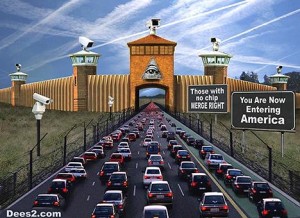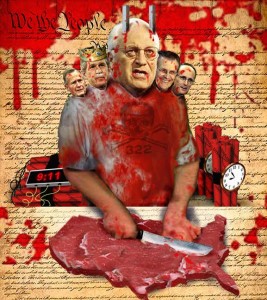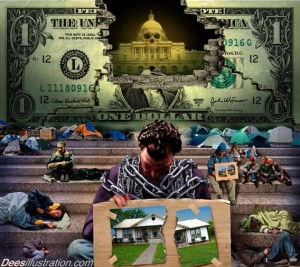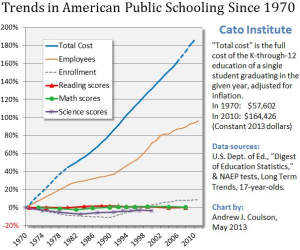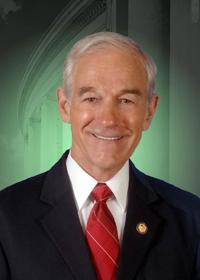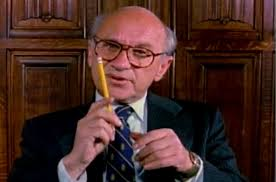
Remember Michael Moore’s movie “Capitalism: A Love Story”? Or the book by socialist Naomi Klein called “The Shock Doctrine”? Both relied on a claim (which probably originated in Klein’s “Shock Doctrine”) that the free-market philosophy of economist Milton Friedman was instrumental in the Chilean coup in 1973 which enthroned fascist Augusto Pinochet. Naomi Klein claims that Milton Friedman was an economic advisor to Pinochet.
In fact, as Cato Institute’s Johan Norberg pointed out in 2008, Milton Friedman never advised Pinochet and never accepted a penny from the Chilean regime. The entirety of Naomi Klein’s arguments were fabricated from a 6-day trip Friedman took to Chile in March 1975. Friedman did give public lectures, invited by a private foundation. He met with Pinochet for around 45 minutes, and wrote Pinochet a letter afterward, “arguing for a plan to end hyperinflation and liberalize the economy. That was the same kind of advice Friedman gave to communist dictatorships like the Soviet Union, China, and Yugoslavia, yet nobody would claim [Friedman] was a communist.” Norberg, “The Klein Doctrine,” Cato Institute Briefing Papers, No. 102, MMay 14, 2008.
But Naomi Klein–known in government-trusting circles as an intellectual figure–invested entire chapters in her book, “the Shock Doctrine” in a claim that Milton Friedman was an advisor to Pinochet and that Friedman’s market philosophy was responsible for the authoritarian rule of Pinochet. Such claims have been widely repeated, including by Michael Moore.

